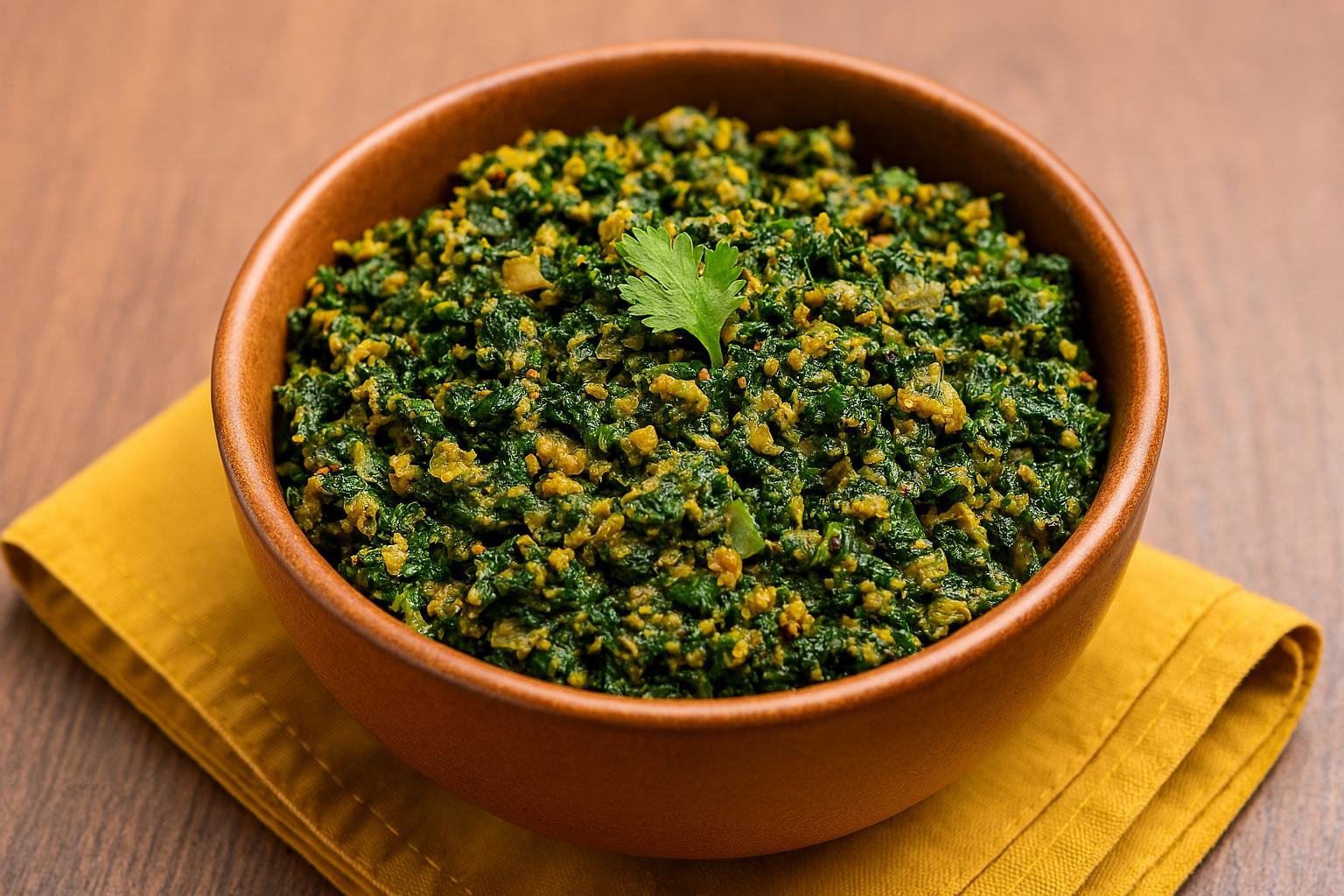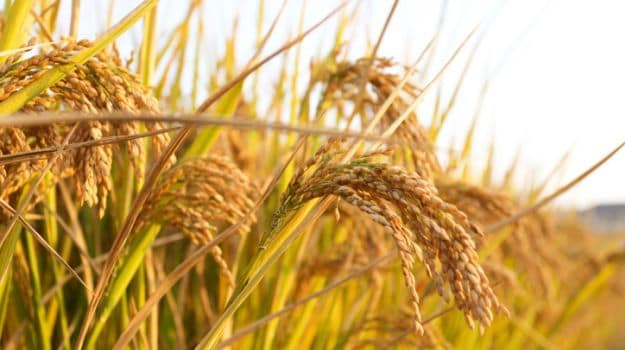Scientists said they had pinpointed variants of a gene to improve the quality and yield of rice, a staple starch for billions of people. Working in two separate groups, researchers from China discovered that mutations in a specific gene resulted in longer, more slender grains with less chalkiness, and better harvests. Breeders can now combine versions of the gene with others known to affect quality to breed better and more productive strains, they said.(Changes in Food Habits Can Impact Genes)"Rice is the key source of dietary calories for over half the world's population and a substantial improvement of yield potential will be required to feed a growing human population," Fu Xiangdong of the Chinese Academy of Sciences, a co-author of one of the studies said. Fu said rice breeders have found it challenging to simultaneously improve grain yield and quality. There is a genetic tradeoff in plant breeding, meaning that it is hard to make gains in both areas at the same time.
Fu and a team crossed two rice varieties -- one a widely-grown but mediocre hybrid variety and the other a better but less prolific type, to locate the genetic variant responsible for the difference in quality. They then used this to develop experimental high-yield, better rice strains. (Researchers Develop High-Quality Rice Flour to Fight Food Poverty)A separate team used similar methods to pinpoint variants of the same gene, called LOC_Os07g41200. The two papers were published Monday in the journal Nature Genetics."Both studies demonstrated that other gene variants known to improve yield or other traits affecting quality could be combined with the high quality LOC_Os07g41200 variant to produce new elite varieties of rice," said a Nature press release. The research is the latest in a host of better-rice gene discoveries. They include variants which help the plants cope better with drought or inhospitable soil, offering a potential boon to farmers at a time of worsening climate change.(Ignoring Climate Change May Increase Nutrition Disorders)
Fu and a team crossed two rice varieties -- one a widely-grown but mediocre hybrid variety and the other a better but less prolific type, to locate the genetic variant responsible for the difference in quality. They then used this to develop experimental high-yield, better rice strains. (Researchers Develop High-Quality Rice Flour to Fight Food Poverty)A separate team used similar methods to pinpoint variants of the same gene, called LOC_Os07g41200. The two papers were published Monday in the journal Nature Genetics."Both studies demonstrated that other gene variants known to improve yield or other traits affecting quality could be combined with the high quality LOC_Os07g41200 variant to produce new elite varieties of rice," said a Nature press release. The research is the latest in a host of better-rice gene discoveries. They include variants which help the plants cope better with drought or inhospitable soil, offering a potential boon to farmers at a time of worsening climate change.(Ignoring Climate Change May Increase Nutrition Disorders)
Advertisement









